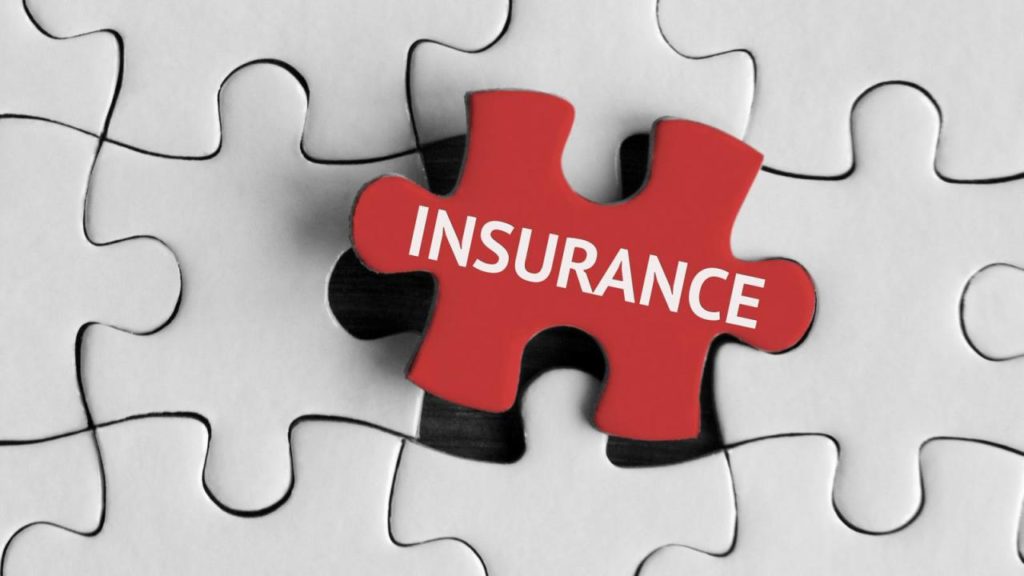A CT scan test is an x-ray imaging procedure used to create cross-sectional images (often called slices) of the body. These slices can be displayed on a screen in a CT scanner or printed out and viewed in a conventional x-ray viewing device such as a fluoroscope or a radiograph viewer. A CT scan is usually done as part of a medical exam to locate hidden diseases, detect injuries, or determine if there are any foreign objects in the body.
In contrast, a CT scan test uses an advanced type of x-ray technology that produces extremely detailed images of areas of the body that would otherwise be difficult to see. The most common use for a CAT scan is to look for cancer in the body. A CT scan is often used in conjunction with a CAT scan to find out if cancer has spread to other areas of the body. A bone scan may also be done as part of a medical exam. That is a special type of CT scan that uses a very small amount of radiation to detect bone diseases like osteoporosis.
Can I get a CT scan without insurance?
To demonstrate the value of that advanced imaging procedure, many hospitals will perform the scan without charging you for it. However, most health maintenance organizations (HMO’s) will not pay for any scans ordered by a physician outside the HMO’s network. If that is the case with your HMO, you will have to pay the bill yourself. Many people assume that because they do not have health insurance, they cannot get any scans or treatment they need. That is not true. Almost anyone can get the medical help they need if they really try. All they have to do is find a doctor or a hospital that will see them without requiring them to buy insurance.

Factors that affect the cost of a CT scan test
The CTscan test pricing varies depending on where you get it. In some cases, the difference is huge. For example, a typical chest x-ray used to check for cancer costs about $15. However, a CT scan of the same area may cost 1,000 times more! The reason for that is that a CT scan uses very advanced equipment that is very expensive to purchase and maintain.
1. A CT scan requires a specially trained technician to operate the machine.
The person must be careful not to touch or move the patient during the scan. That means that every minute a patient is in the machine, the technician must monitor him/her closely. That adds hours (and sometimes days) to the length of the exam.
2. The CT scan test to be performed
Is determined by your health care provider. Usually, a CT scan of the entire body is done as part of an overall physical examination. However, if your health care provider suspects a particular organ or area of your body may have a problem, he may choose to do only a local CT scan (such as a scan of the chest). There are several factors that will affect the cost of a CT scan.
3. The pricing of the hospital
The pricing of the hospital where you get your scan done will also affect the cost. The price of a scan varies from place to place because hospitals purchase their equipment in different ways and use different prices to recover their costs. For example, some equipment is purchased very cheaply while other more advanced and more expensive equipment is leased. Regardless of how the equipment is acquired, the hospital gets to set the price it charges for the exam. That can be very different than what the doctor orders. In some cases, the hospital may charge 3 to 10 times more for an exam than the doctor orders. Sometimes that happens even if the doctor is working within the hospital’s budget. Why? Simply because the hospital management has a financial interest in getting as much money as they can for every procedure they perform. Even if the doctor is a shareholder in the hospital, there is no control over that situation.
4. The brand of the CT scan machine
You get another big factor that affects the cost of the CT scan is the brand of the CT scan machine you get. Not all CT scan machines are created equal. Some make scans faster than others. Some can produce better-quality scans (in terms of sharpness). Some have special features like being able to take multiple pictures in rapid succession (so you only need to stay in the scanning tube for a short time). Some can detect more diseases early (before they become symptomatic) while others may not.

It is important to know the brand name of the machine your doctor or health care provider chooses for your exam. That will help you decide if it is worth paying extra for the “extra bells and whistles” that some brands offer. If you do a lot of road work, you may want to consider an older model (less expensive) machine. If you are an active person, you may want to pay extra for a newer, high-tech machine. Again, that will be determined by your doctor/provider, depending on his expertise and knowledge.
5. The reputation of the professionals
The reputation of the people who perform the scan is another factor that affects the cost of the CT scan. Obviously, a hospital is going to use only certified technicians. However, there are many “mom and pop” type clinics that don’t even have a licensed doctor who performs the exam. Or, the doctor may not have the proper license to practice medicine in the State where the clinic is located. Some doctors and technicians are honest. They truly have no financial interest in performing the exam as efficiently as possible.
However, most doctors and technicians have some type of financial motive. That could be money, fame or both. In any case, it is important to know the credentials of whoever is going to perform the exam. If you do a lot of road work, you may want to consider an older model (less expensive) machine. If you are an active person, you may want to pay extra for a newer, high-tech machine. Again, that will be determined by your doctor/provider, depending on his expertise and knowledge.
Therefore in conclusion, you can get a CT scan even without insurance at a carrying cost. The cost will depend on a number of factors discussed above. In some cases, the cost of the CT scan may even be less than what you would have paid if you had insurance.
